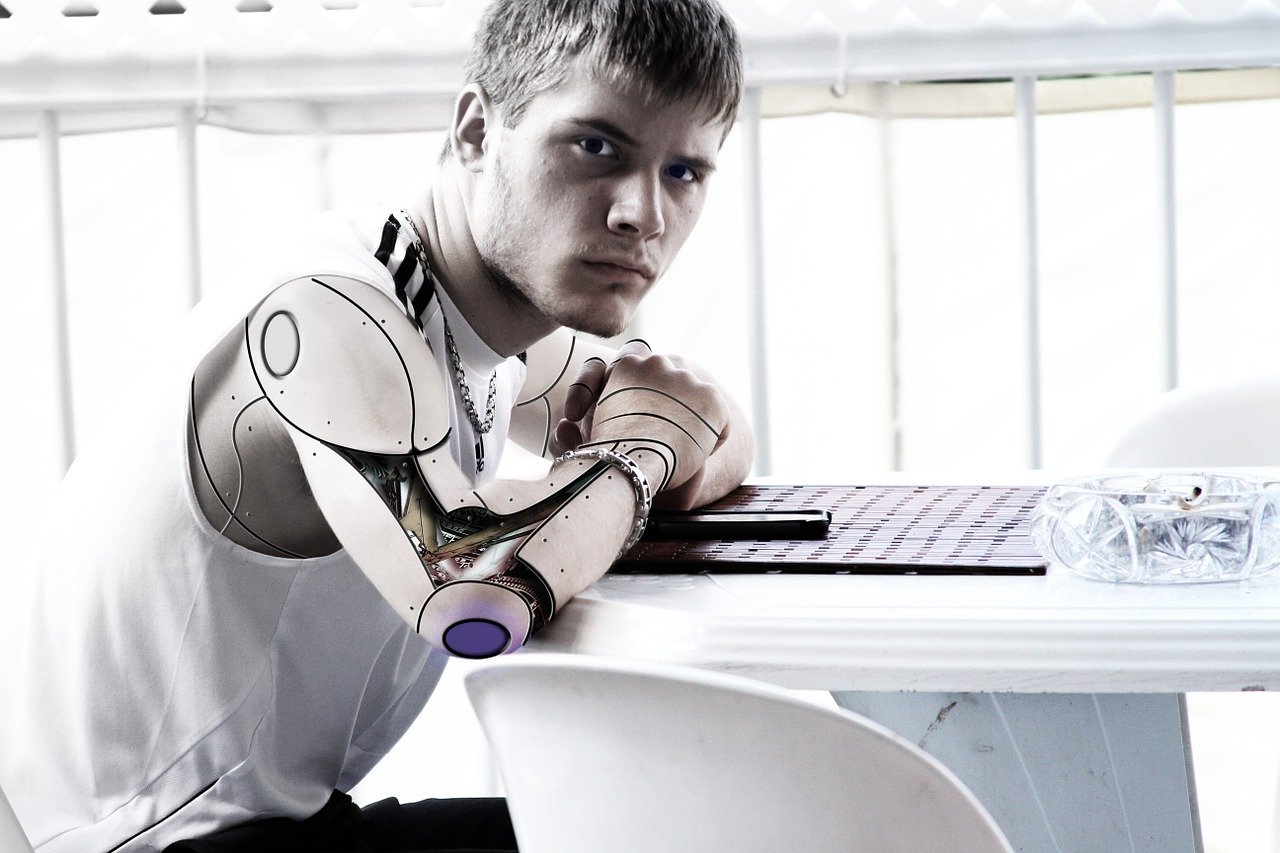We, humans, are remarkably adept at making tools that augment our lives. We have been doing so ever since we learned how to make weapons out of sticks and stones aeons ago. Fast forward to the 21st century, and our tools are more sophisticated than ever. This trend is only going to accelerate. In the coming years, future robotics, artificial intelligence, augmented reality and many more are going to become integral parts of life.
Out of all these, robotics will perhaps have the most tangible effects. When we talk about robots, we immediately picture the ones from science fiction movies that look and behave exactly like us. However, a robot can be any piece of machinery that serves a particular function. They have already pervaded so many of our industries and so many aspects of human life.
For instance, in the manufacturing space, we have been using robots for quite some time now. Drones are another popular example of robots in use today across many industries. Another example that comes to mind is their use in disaster response which has saved countless lives. Apart from all these, they are also used in research, medicine, entertainment, education and consumer space.
Although it might feel like robots are already quite advanced, the truth is that they are only getting started. The future, for the large part, will be powered by highly advanced robots. They will become indispensable in virtually every area of human endeavor, much like how smartphones have become indispensable today. The end result will be that our lives will be much easier and convenient.
How Far Has Robotics Come
In order to understand how this technology might evolve in the future, it is first important to understand how far it has come. It’s surprisingly amazing to know that the story of robotics began with the Industrial Revolution in the 18th century. It was then that we learned how to make use of small, compact motors to drive complex machinery to do things we wanted them to do.
It was in the early 20th century that the notion of a humanoid robot was born. This sparked wild imaginations which led to the creation of a whole slew of movies, tv shows, novels and other works of fiction that featured robots as the companions of human beings.
By 1969, robots were advanced enough to help NASA send astronauts to the moon. In 1986, the first self-driving car (which is also a robot) was developed. It was in the 2000s when digitally controlled robots and AI-powered robots started being built. This allowed them to perform even sensitive operations like heart surgery on their own.
In the 2010s, with the arrival of drones and consumer-facing robotic products, they finally entered the mainstream. Companies like Boston Dynamics have advanced this space by leaps and bounds by creating robots that can run, walk, jump, do backflips, open doors, carry weights for miles, and more! It is this trend of progress that will define the future of robotics as well as human beings.
The Future
Robots are expected to follow the trajectory of the internet and smartphones as far as adoption and the advancement of technology is concerned. They will be virtually everywhere enhancing our lives in a plethora of ways. Ways that can’t even be imagined right now. With a exponential rate of Robot development, this shouldn’t take more than a couple of decades from now.
One of the most groundbreaking stuff that is happening right now is that robots are increasingly being powered by Artificial Intelligence (AI). Coupled with cutting edge hardware, it will lead to the creation of a whole new generation of bots that can do any task much better than a human could ever do.
As far as humanoid robots go (the ones that the general public is actually interested in), they will increasingly look, talk, walk, behave and think like us. In a more distant future, you can expect robots to be virtually indistinguishable from a human. We will literally have created a second intelligent species that could even outdo us if we are not careful.
The future, for the large part, will be one where robots and humans work in conjunction to achieve wonders that we think aren’t possible right now.
How Robots Will Affect Human Life
Getting into the nitty-gritty of things, let’s take a look at some of the most important and profound ways robots will affect human life in the future. Some of these may sound like science fiction but it is important to remember that the science fiction of today can become the science of tomorrow.
- Autonomous Cars
In the future, autonomous driving will become the norm. Human drivers will be eliminated and cars will be able to drive you to any location you want. Inside the car, you would be able to do anything except for driving. So, you could take a nap, read a book, listen to music, watch a movie and so on. This will have immense benefits like less congestion on roads, fewer accidents, increase in productivity, and more.
- General Use Cases
Humanoid robots that can perform any general use cases will start becoming a reality sooner than people know. They will be in our offices, in our homes, on the street, in factories, in space and more.
In the office, they will serve as personal assistants. They will help businesses make smart decisions by analysing a ton of data in a matter of minutes. This would be made possible by highly advanced AI. What’s more, they will also be able to handle menial tasks like photocopying, schedule meetings, making coffee, you name it!
At our homes, they will be able to cook for us, do our dishes, do the laundry, buy our groceries, clean our houses, walk the dog, play music like smart speakers, provide security against intruders, help the elderly, and even serve as our companions with whom we can have intelligent and emotional conversations. This will perhaps be the epitome of robotics technology.
- Agriculture and Conservation of Nature
Highly advanced drones will be able to take care of our agricultural activities without any supervision from the farmer. They will also be able to plant millions of trees in days thanks to drone swarms. This should go a long way in reversing the damage we have done to the planet. Similarly, other conservation initiatives will be handled by specialized robots on their own.
- Robots In Space
One of the most significant use cases for robots will be in space. As we look to other planets to expand our presence in the cosmos, we will need robots that can build structures, survey, do research, protect humans, and so much more on a whole new planet. They will be vital for our dream to become a multi-planetary species.
- Science And Medicine
Couple with AI, robots will have the ability to work in partnership with doctors and scientists of all people. They will increasingly perform more surgeries, diagnose more patients, study genes, come up with new drugs, and even help innovate! They will essentially serve as a much more powerful, capable and intelligent extension of ourselves that we can use to make anything come true!

